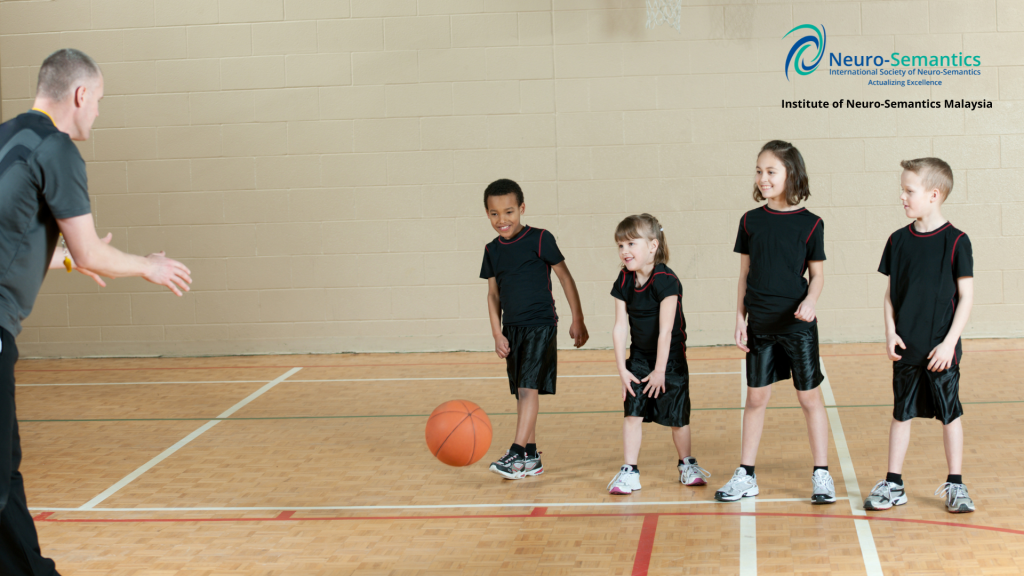
Confidence refers to a feeling of self-assurance or belief in one’s abilities. It’s about having a positive attitude and trusting that you can handle a task or situation successfully. Confidence is more about your mindset and how you perceive yourself.
Competence, on the other hand, is all about actual skills and abilities. It’s about being capable and skilled in performing a specific task or activity. Competence is based on knowledge, training, practice, and the ability to effectively apply what you know in practical situations.
Feeling confident is great, but it’s like a house built on sand if you’re not actually good at what you’re trying to do. It’s like saying you’re a great swimmer, but you’ve never really swum before. You can’t truly feel confident unless you know what you’re doing and have the skills to back it up.
The Pitfall of “Confidence Without Competence
Here’s the catch, if you are confident but don’t know what you are doing, you are kidding yourself. And it probably means you are trying to trick people into thinking you can do something you can’t. “Confidence without competence” is a problem because it means that someone thinks they are something they are not. So first, if you want to feel sure of yourself, do what you need to do to get better. Then your confidence will come on its own.
The next difference is between having some skills and being competent. They are different. Can you have both skills and know-how at the same time? Yes. That could work. You could become very good at a certain skill. In fact, you could become very good at it. But if the skill is just one part of something bigger, you might have some skills but not enough to be competent. You might be good at scrambling eggs, but that’s just one part of what it takes to be a good cook. You might know how to fix a flat tyre, but that’s only one part of being a good car mechanic.
The point? One sub-skill within the full range of skills necessary for a particular competency does not make you competent. You may be able to organize your thoughts into a coherent order but that does not, in itself, make you an effective public speaker. You may be skilled in asking Meta-Model questions, but that does not make you an effective coach or modeler. Each of those competencies requires more than just the questioning skill.
In fact, most competencies don’t mean just one thing or something easy. It has a lot of things going on at both the basic level and the meta-level.
- Knowing about the skill: know what, understanding.
- Knowing how to implement the skill: know-how, implementation.
- Ability (capacity) to do X.
- Context where to do X.
- Timing for when and how long.
- Practice, discipline, motivation.
- State: the right state, the right intensity.
- Convincer: person’s unique convincer strategy.
- Feedback loop: receiving and using feedback information to keep shaping a response.
- Standards to evaluate: values, criteria.
- Intention to develop: Intentionality, purpose, one’s big why.
Becoming an Expert: Learning, Implementation, and Practice
So, it makes sense that becoming competent takes a lot longer than learning a few skills. Once you know how to do the skills and can do them whenever you want, you need to combine all of the smaller skills into a single answer and keep doing this until it is reliable and consistent. To be competent, a full merger is needed. Anders Ericsson, who studied knowledge and came up with the 10,000-hour rule (10-year rule), said that it doesn’t come from just “practicing.” It comes from a type of practice called “deliberate practice.”
This means breaking a skill down into its most basic parts and then practicing each of those parts one at a time until you can do the skill reliably and consistently. That means doing it until you can do it without thinking. After that, you own it. Every athlete knows this. Athletes know that you can’t leave the basics behind. You keep going back to the basics to keep those basic things new and interesting. The players of baseball get together for “Spring Practice.” How do they live? They practice throwing and catching the ball and pitching and hitting it. Basics!
When you stand back and watch someone who is really good at what they do, it is amazing. We can’t believe how good people are at sports when we watch the Olympics. “How did she do that?” we wonder. “Where did he find out that?” One of these acts is made up of a lot of smaller skills that were practiced over and over again until they became more than the sum of their parts.
How do you become competent and develop expertise? Learning, implementation, and a thousand hours of practice every year. By contrast, many are self-deceived is in thinking that because they “understand” something, they know how to do it. What’s deceptive is that between knowing and doing is a gap—the neurological gap of translating from mind into neurology so that your body ‘knows’ how to do it. True competency requires that. And how you know what we’re doing in Neuro-Semantics to help people become experts.
Curated by Danielle Tan.
Reference:
- [Neurons] 2023 Neurons #33 HOW DO YOU BECOME AN EXPERT? by L. Michael Hall, Ph.D. Executive Director, ISNS.